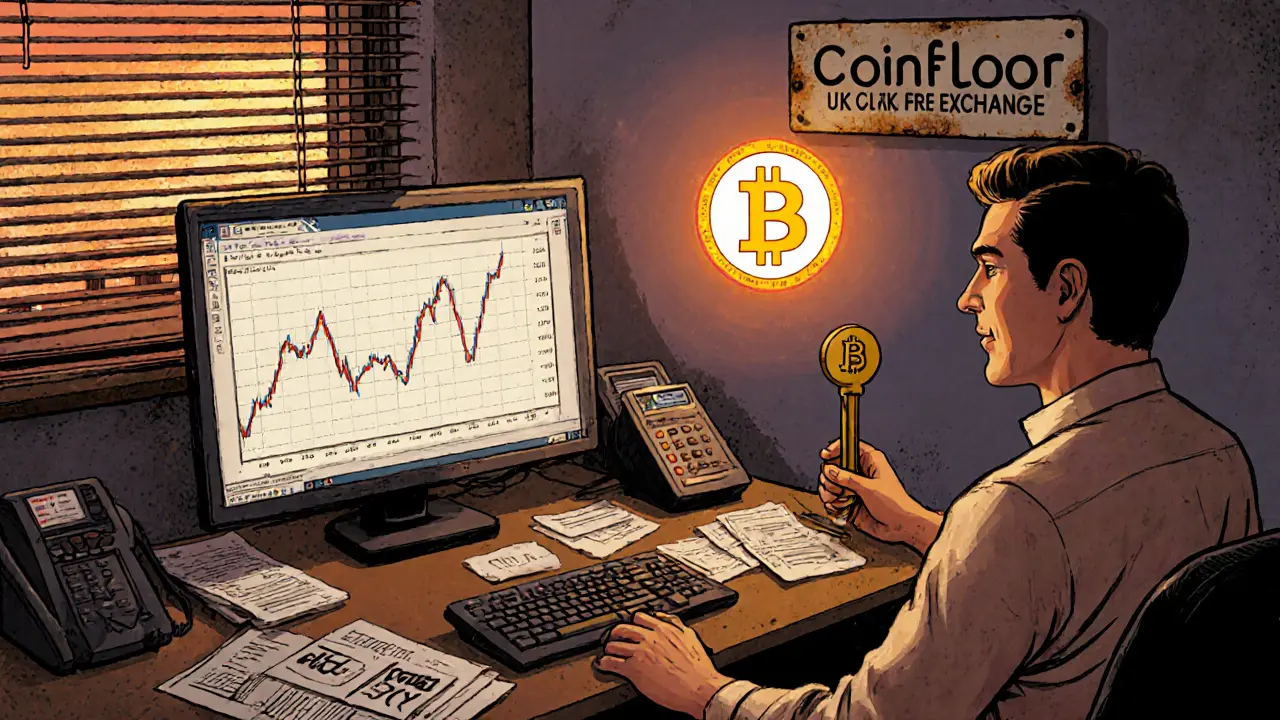Coinfloor Shutdown: What Happened and What It Means for Crypto Exchanges
When Coinfloor, a long-standing UK-based cryptocurrency exchange that started in 2013 and was one of the first to offer fiat-to-bitcoin trading in Britain shut down in 2023, it wasn’t just another exchange closing its doors. It was a wake-up call for retail investors who trusted platforms that looked stable but weren’t built to survive regulatory pressure or changing market conditions. Coinfloor didn’t go bankrupt—it was quietly wound down by its owners after years of declining activity and increasing compliance costs. This isn’t a story about fraud or hacking. It’s about how even legitimate exchanges can vanish when they can’t adapt.
What made Coinfloor different? It was one of the few exchanges in the UK that held a FCA registration, a regulatory status from the UK’s Financial Conduct Authority that required strict anti-money laundering checks and capital reserves. That gave it credibility, but also made it expensive to run. Unlike global platforms that could shift operations or rely on high-volume trading fees, Coinfloor focused on UK customers who wanted to buy Bitcoin with bank transfers. When crypto markets slowed and trading volumes dropped, those fixed compliance costs became unsustainable. Meanwhile, crypto exchange risks, like regulatory uncertainty, low liquidity, and lack of investor protection outside major jurisdictions, became harder to ignore. Users didn’t lose their funds—Coinfloor had proper custody—but they lost a trusted service with no clear replacement.
The closure of Coinfloor didn’t just affect its users. It exposed a deeper truth: many exchanges that look safe are only as strong as their last funding round or regulatory approval. Look at the posts below—you’ll find similar stories. AlphaX disappeared without warning. Wavelength never existed. Poloniex pulled out of the US. These aren’t random failures. They’re patterns. Platforms that rely on hype, ignore compliance, or fail to innovate don’t last. And even those that play by the rules can vanish if the market shifts under them. What you’ll find here are real cases of exchanges that shut down, scams that pretended to be real, and lessons from places where crypto trading survived against all odds. This isn’t about fear. It’s about knowing what to look for before you trust your money to any platform.
